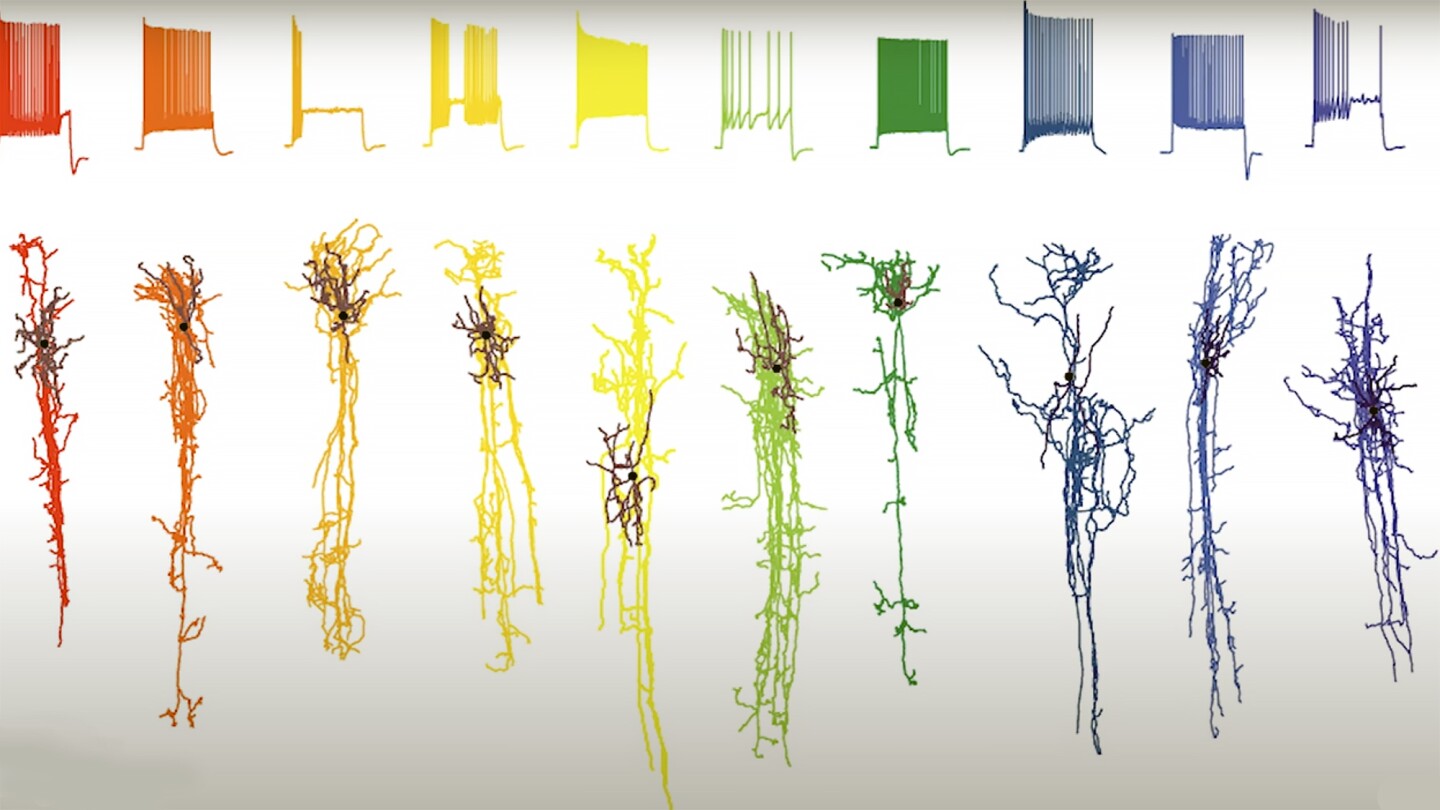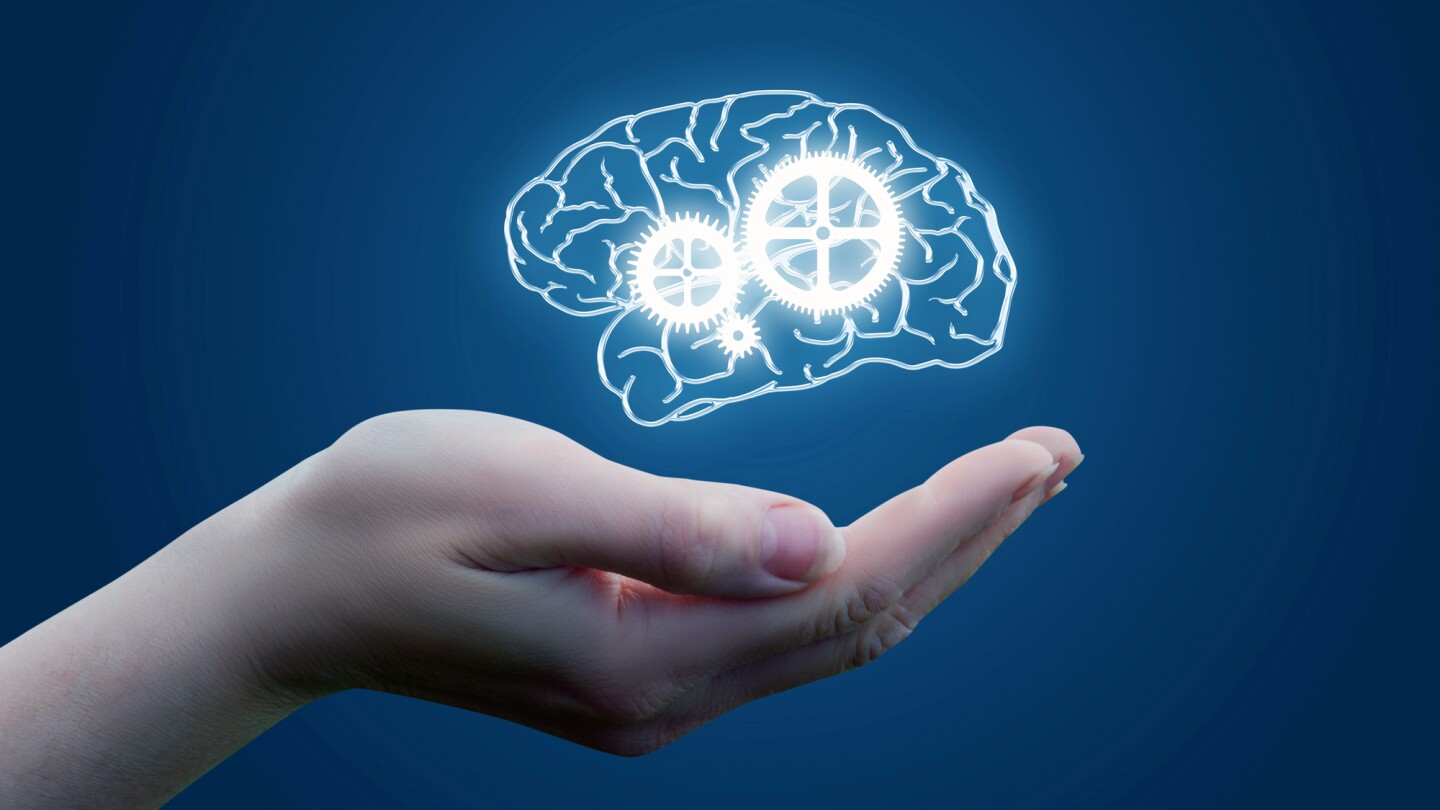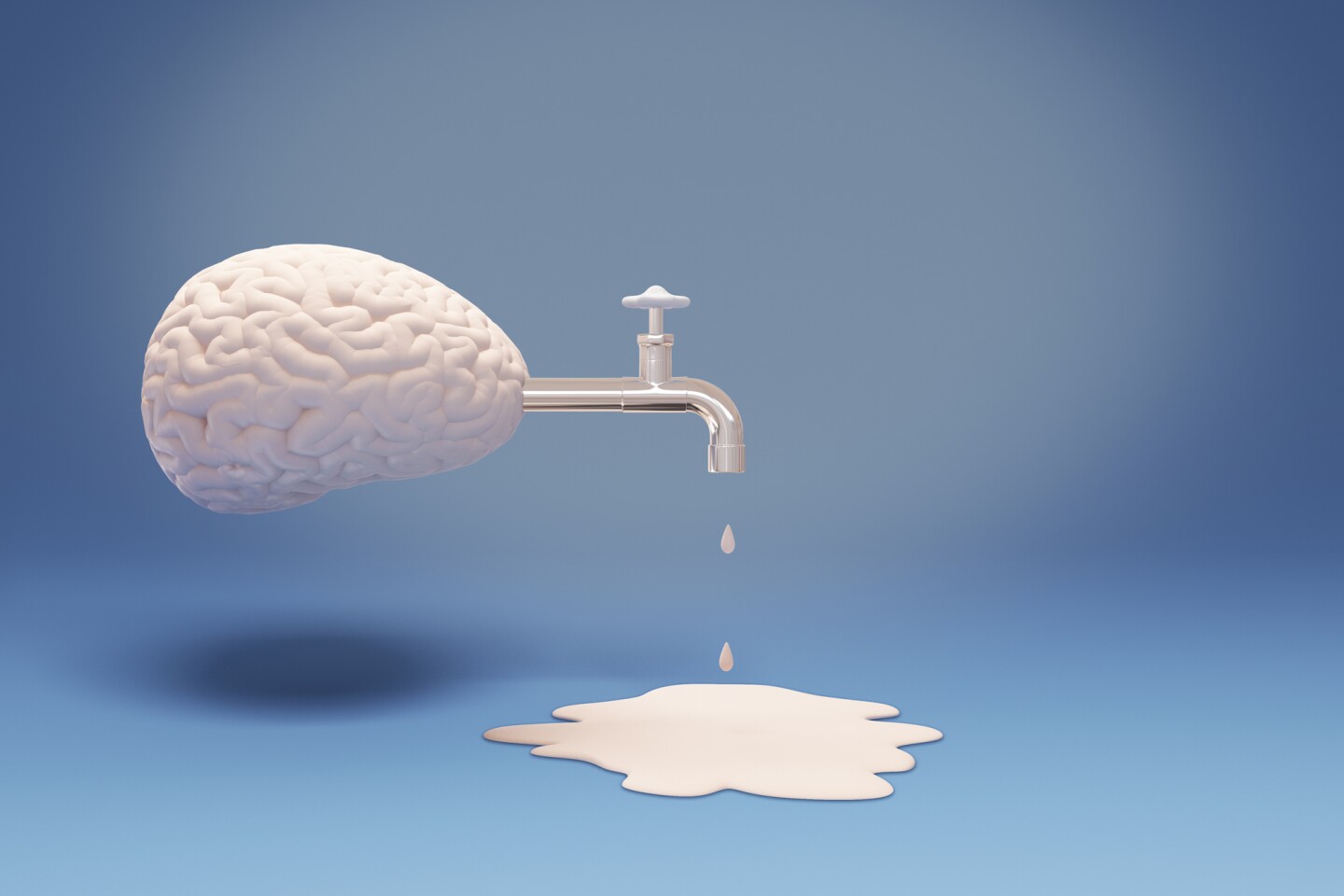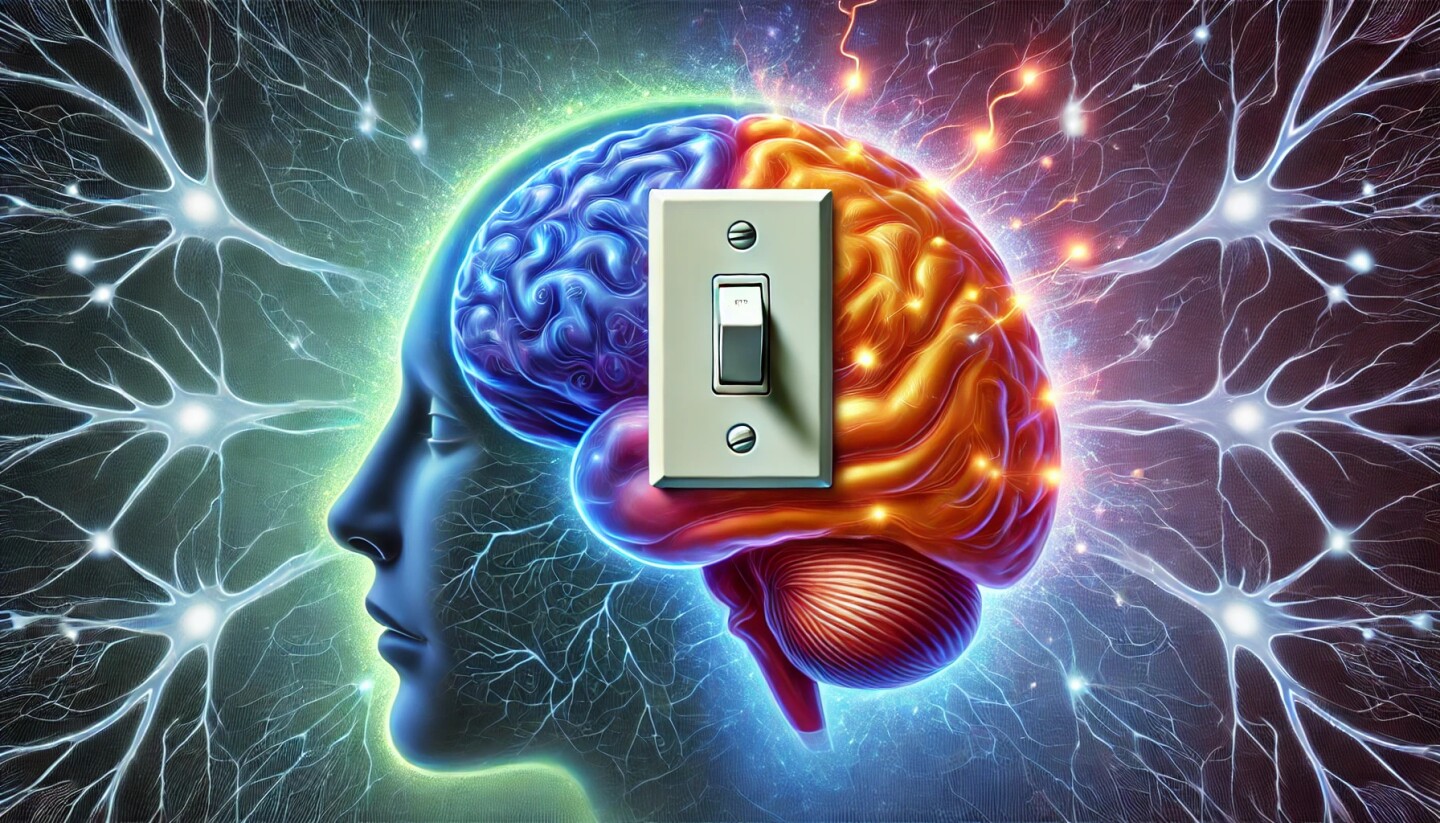Alzheimer’s drug trial raises concerns for accelerating cognitive decline
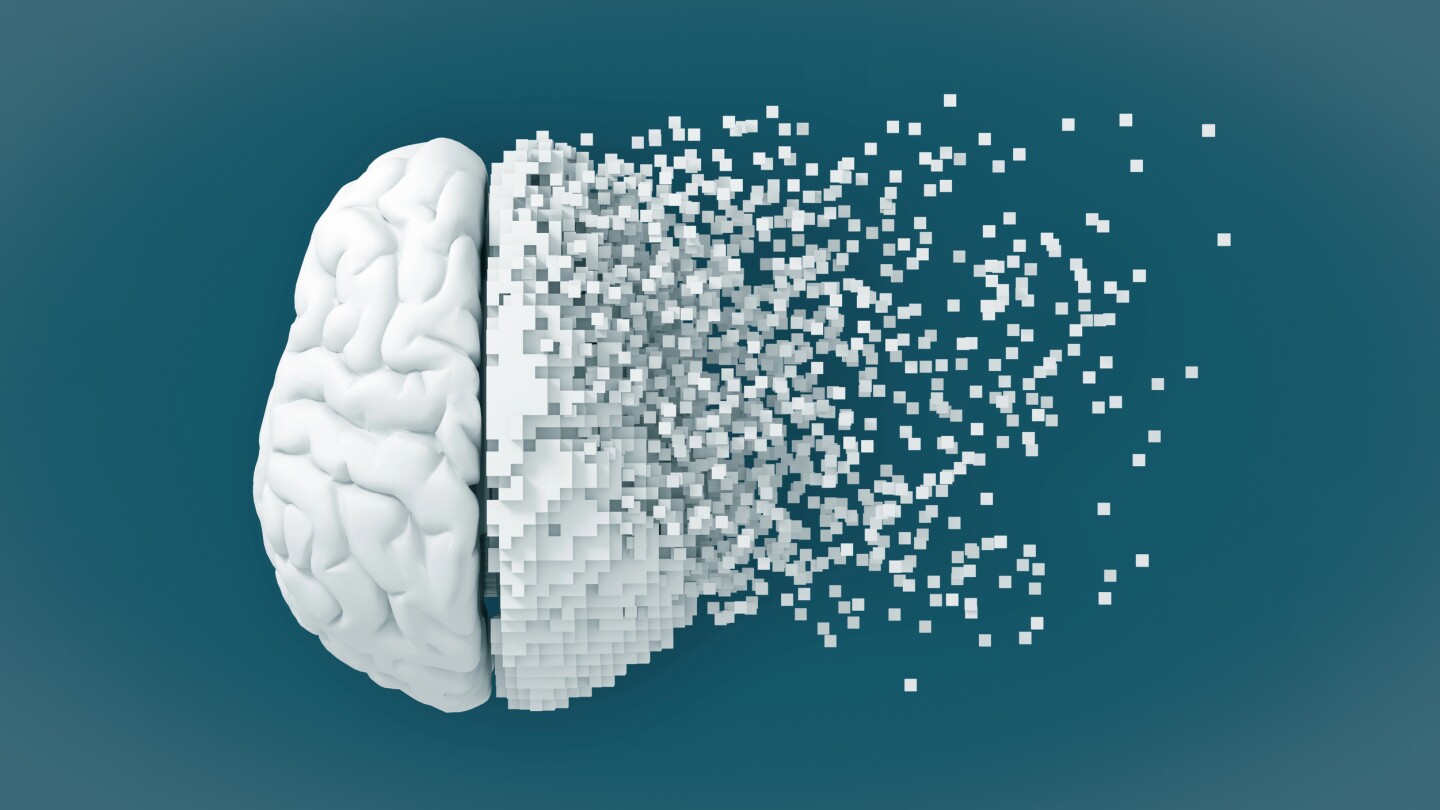
While growing evidence suggests that there’s a link between blood iron levels and the development of Alzheimer’s disease, new research investigating the effects of an available iron-reducing drug has raised concerns about its use as a treatment for the condition.
Category: Alzheimer’s & Dementia, Brain Health, Body & Mind
Tags: Iron, clinical trials, Alzheimer’s disease
Continue reading Alzheimer’s drug trial raises concerns for accelerating cognitive decline

